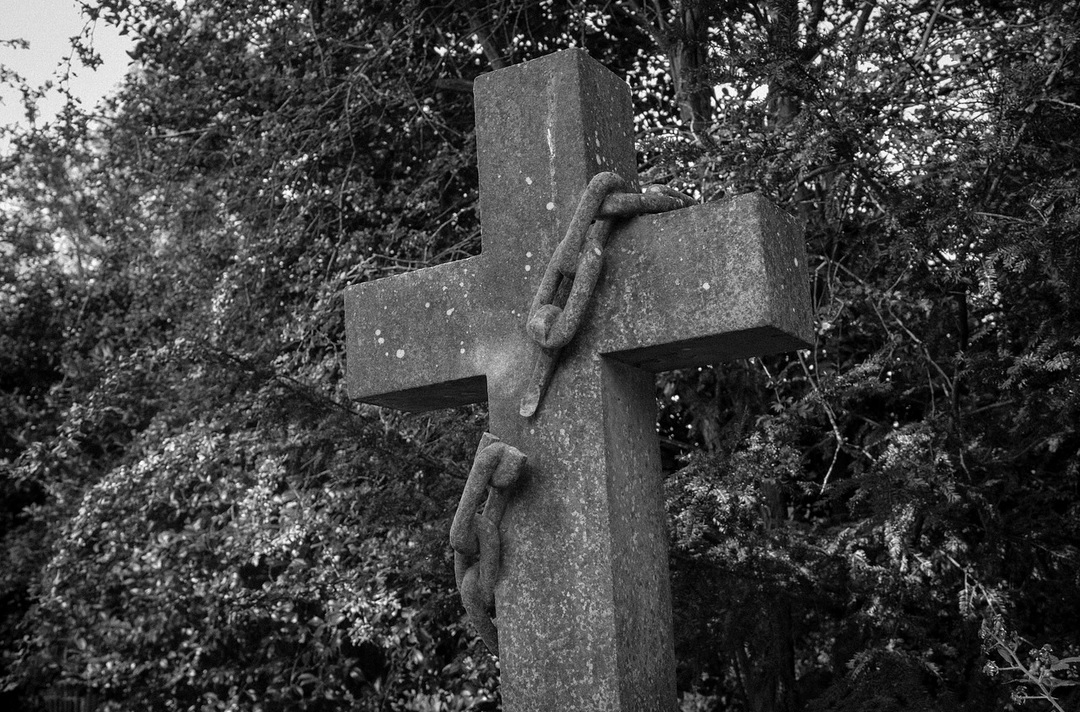
By Catholic League for Religious and Civil Rights,
Catholic League president Bill Donohue comments on the rise in exorcisms:
The Christmas season has just begun, and so has the need for spiritual peace. By any measure, the number of troubled Americans, saddled with personal problems, is staggering. Some are so desperate as to seek ways to purge themselves of demons.
Take the case of Gary Dale Mort. This Muncie, Indiana man recently kicked his wife out of their house and set it on fire. He was shot by police after he flashed what turned out to be a pellet gun; he was not seriously injured. Last year, he slammed his car into a store. When questioned, he said the crash was intentional, an act he attributed to his being possessed by a demon. He had sought, unsuccessfully, to get a priest to perform an exorcism.
Is he possessed? Would an exorcism work? No one knows. Most of those who believe they are possessed are not; they suffer from a host of clinically diagnosed maladies. But not everyone can be helped by conventional psychiatric treatments. Some are indeed possessed and clearly benefit from an exorcism.
Mike Mariani has written a splendid article on exorcisms in the December edition of The Atlantic. Well researched and composed, he points to survey data that indicate that roughly half of Americans believe in demonic possession, and an even higher number believe in the devil.
In fact, Gallup polls show that in 1990 55 percent said they believed in the devil; the figure jumped to 70 percent in 2007. More recently, an article in England’s Catholic Herald noted that belief in God was declining in the West but belief in the devil remained strong.
While religions other than Catholicism offer exorcisms, no institution has a richer tradition in dealing with them than the Catholic Church. Requests for exorcisms are spiking, leading to an increase in trained exorcists. Pope Francis is supportive of this mission, and is known to frequently speak about Satan.
The devil works by pressuring a person to accept evil (demonic oppression), or by seizing control of a person’s body, speaking through him (demonic possession). Either way, the priest who confronts those who claim to be in the snares of the devil is trained to proceed with caution.
The priest begins by sending the person making the request to a psychiatrist for evaluation. That’s the end of the line for most: they receive the mental health care they need, but are no longer considered a candidate for an exorcism. Still, there are some who defy the standard explanation for a person’s serious mental condition; they may be a candidate for an exorcism.
It is not just priests, or Catholics, who believe that there are persons seeking help who are beyond the scope of experts. Jeffrey Lieberman, chairman of Columbia University’s psychiatric department, says he knows of some cases where it “could not be explained in terms of normal human physiology or natural laws.”
Who are the most likely candidates for an exorcism? Approximately 8 in 10 are survivors of sexual abuse. Mariani explains why. “The exorcists—to be clear—aren’t saying sexual abuse torments people to such an extent that they come to believe they’re possessed; the exorcists contend that abuse fosters the conditions for actual demonic possession to take hold.”
From a Catholic perspective, this is daunting. It suggests that those who do such evil acts as sexual abuse create the fodder that attracts the devil to victimize the victim again. If this is true, the offenders are responsible for much more than molestation, and will have to answer for it.
What is driving our current state of affairs? Mariani speculates that two concurrent phenomena—the increasing belief in the occult and the rise in demands for exorcisms—are a reflection of what ails us.
Speaking as a sociologist, I would agree. Specifically, I would name the social decomposition that has occurred in Western civilization over the past half century as the primary contributor to our social ills. Historically, such times are marked by a fascination with the occult: magic, witchcraft, astrology, and the like are deceptive substitutes for God. It should be stressed that the devil thrives in such an environment.
Millennials are especially attracted to the paranormal. Turned off by organized religion, they are more likely to be drawn to the occult than to atheism. However, that doesn’t resolve anything: what they typically experience is spiritual hollowness, a void that cries out for fulfillment. It is not easy to satisfy that appetite without God, but some still try.
William Friedkin, the director of the classic movie, “The Exorcist,” once said, “I’ve known quite a few atheists who, while unmoved by the idea of God, seem to be afraid of the Devil and conscientiously avoid horror films.” But such persons misunderstand the point of the novel upon which the film was made.
The author of The Exorcist, William Blatty, said his book was not meant as a horror story, but as “an argument for God.” In fact, he meant it to be “an apostolic work, to help people in their faith. Because I thoroughly believed in the authenticity and validity of that particular event.”
Here is the good news. It is hard to believe in the devil without believing in God, so perhaps the uptick in Americans believing in the devil will draw them closer to God this Christmas season. Let’s pray they do, and pray also for those afflicted by demonic forces.
Disclaimer: Articles featured on Oregon Report are the creation, responsibility and opinion of the authoring individual or organization which is featured at the top of every article.

